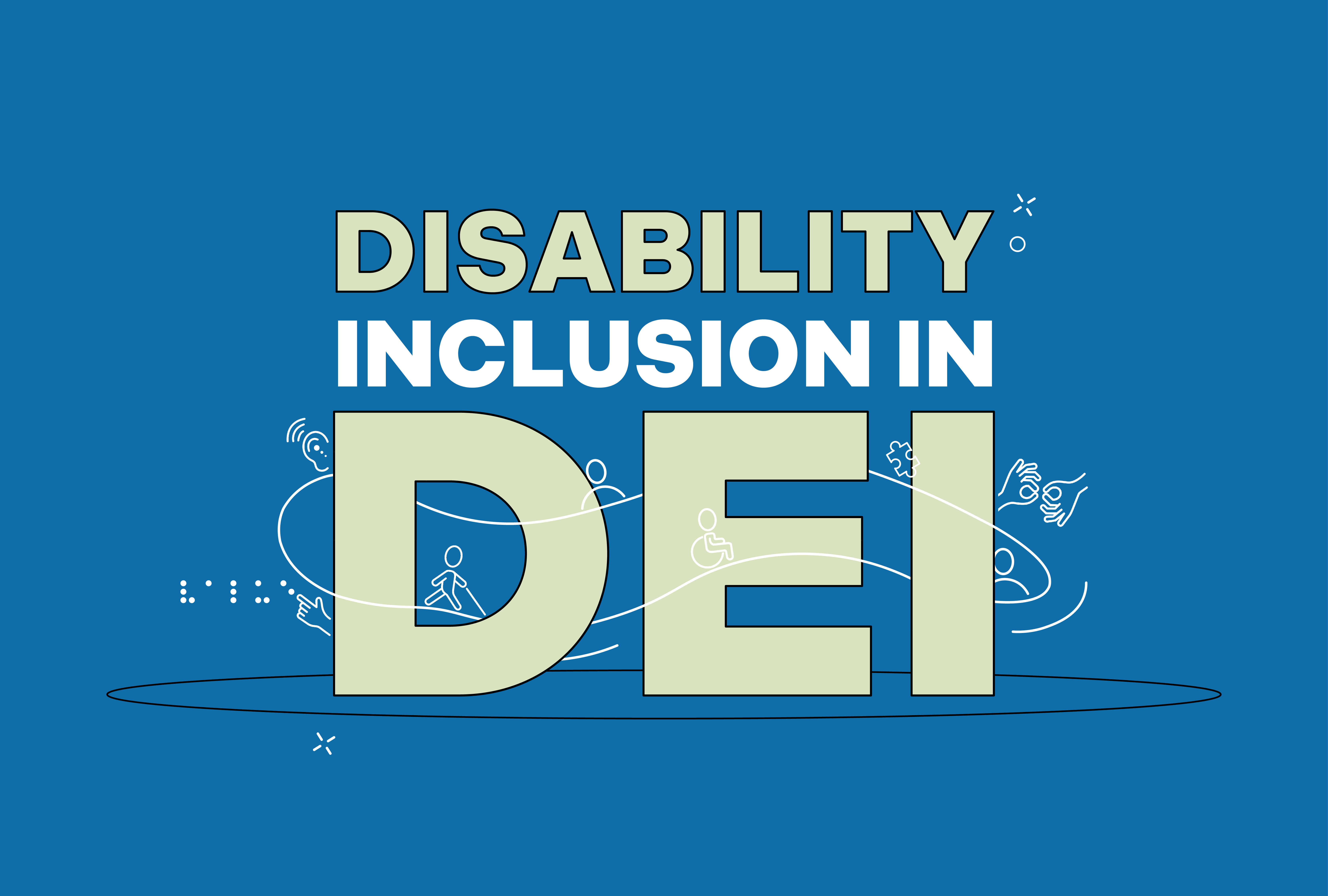
In a world increasingly driven by buzzwords, phrases like "diversity" and "inclusion" often dominate headlines and advertisements. These terms signify a positive societal shift towards valuing differences, particularly in workplaces, educational institutions, and corporations. However, beneath the surface of these catchphrases lies a profound challenge: the need to truly understand and appreciate their essence, especially in the context of disability.
Diversity and Inclusion: Its Powerful Yet Limited Scope
Diversity and inclusion extend far beyond simple slogans. They encapsulate the fundamental principles of a society that honors uniqueness and embraces perspectives often marginalized. Within the context of disabilities, these principles take on renewed significance. While the benefits of diversity are widely acknowledged, the vital role of individuals with disabilities in shaping diverse and inclusive environments is often underestimated.
According to the McKinsey report “Disability Wins: How Inclusion Matters,” companies in the top quartile for ethnic and racial diversity are 36% more likely to have above-average financial returns. Similarly, the Nielsen report “Uncommon Sense: Are Companies Truly Committed to Social Responsibility?” found that 64% of consumers globally consider a company's commitment to social values when making purchase decisions. And this positive impact of diverse teams on innovation, engagement, and growth is backed by over 200 studies.
However, while the Return On Disability Group reports that approximately 90% of companies claim to prioritize diversity, only about 4% consider disability in those initiatives. According to a 2022 research study, of the top 50 NIH-funded institutions, 60% received D or F grade.
We expand the definition of diversity when we include the unique perspectives and experiences of people with disabilities. Their presence enriches organizations by fostering innovation, creative problem-solving, and a holistic understanding of accessibility. And companies that genuinely embrace disability and inclusion demonstrate a commitment to creating work environments that value contributions based on ability rather than limiting preconceptions. Diverse companies, teams, and boards consistently outperform non-diverse counterparts. McKinsey's decade-long research shows up to 25% higher financial performance due to diverse forms of inclusion.
Championing True Diversity: Empowerment through Representation
The challenge lies in transforming diversity and inclusion buzzwords into genuine action, and this transformation begins with the active involvement of people with disabilities within these initiatives. Authenticity requires acknowledging that disability is an integral aspect of diversity, rather than a separate category. It necessitates creating spaces where individuals with disabilities are empowered to share their insights, challenges, and perspectives, contributing to a broader understanding of true inclusion.
Both educational and business-driven Diversity, Equity, and Inclusion (DEI) programs are powerful tools to improve upward mobility and are beneficial for business success. The Disability Equality Index is an initiative used by Fortune 1,000 companies to evaluate their inclusion of workers with disabilities. Despite progress, there remains a gap in trust among employees with disabilities, which can be overcome through an open approach to disclosure and fostering an inclusive workplace culture.
Representation matters, and the disability community is no exception. By actively involving people with disabilities in decision-making processes, organizations send a powerful message that they value contributions from all perspectives. This approach not only drives employee engagement and satisfaction but also transforms buzzwords into substantive change. According to the CDC, disabled people make up roughly about 25% of the population of America. This immense number represents a pool of skills, talents, and education that often remains untapped. People with disabilities bring unique lived experiences that significantly influence the DEI landscape. By sharing personal stories, they can challenge misconceptions, debunk stereotypes, and pave the way for a more comprehensive understanding of what it means to be inclusive.
To move beyond buzzwords and embrace authentic diversity and inclusion, organizations must take actionable steps. This includes providing accessible resources, accommodations, and platforms that allow people with disabilities to engage fully in DEI efforts. Leveraging partnerships with disability advocacy groups and utilizing feedback from disabled employees can further enhance the authenticity of these initiatives.
Moving Beyond Buzzwords: A Call to Action
In a society captivated by catchy phrases, the essence of diversity and inclusion can easily become diluted. To counter this trend, we must recognize the indispensable role of people with disabilities in shaping and championing true diversity, equity, and inclusion. Their unique insights, experiences, and perspectives enrich the narrative, challenging misconceptions and empowering organizations to move beyond mere buzzwords into a realm of genuine understanding and acceptance. As we celebrate critical milestones like the ADA, let us remember that the journey towards authentic DEI is incomplete without acknowledging the invaluable contributions of those with disabilities.
About AFB Talent Lab
The AFB Talent Lab aims to meet the accessibility needs of the tech industry – and millions of people living with disabilities – through a unique combination of hands-on training, mentorship, and consulting services, created and developed by our own digital inclusion experts. To learn more about our internship and apprenticeship programs or our client services, please visit our website at www.afb.org/talentlab.